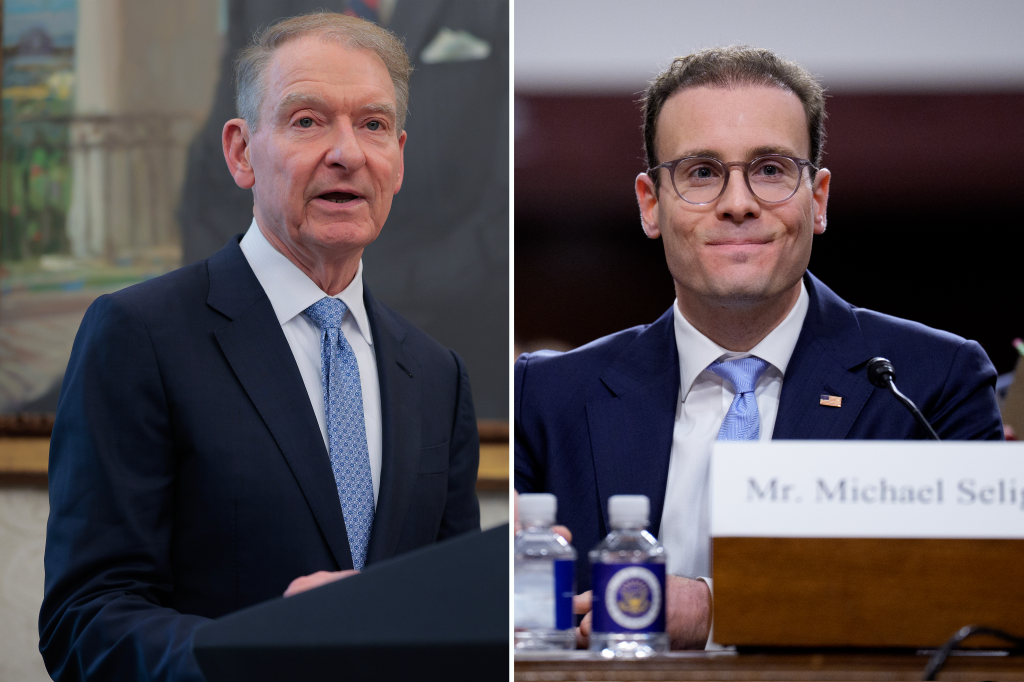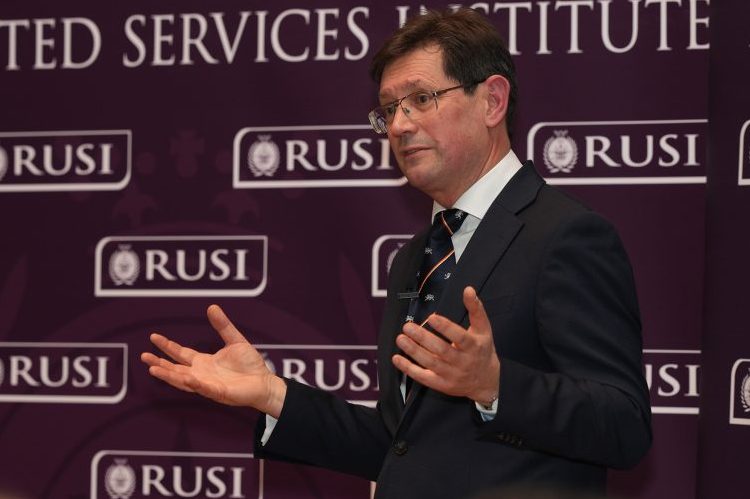When Nick Ephgrave was unveiled as the new director of the Serious Fraud Office (SFO) in September last year, I welcomed the appointment of this former high-ranking police detective.
For too long the SFO had lumbered from one debacle to another, most of them of its own making. As its
Register for free to keep reading
To continue reading this article and unlock full access to GRIP, register now. You’ll enjoy free access to all content until our subscription service launches in early 2026.
- Unlimited access to industry insights
- Stay on top of key rules and regulatory changes with our Rules Navigator
- Ad-free experience with no distractions
- Regular podcasts from trusted external experts
- Fresh compliance and regulatory content every day













